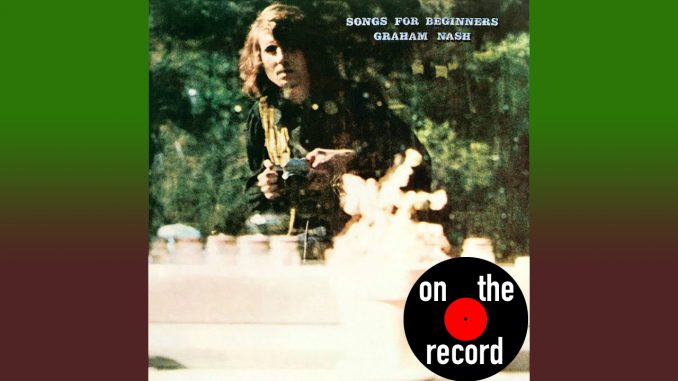
Whenever I travel to a new place, I do my best to pay attention to the surrounding cultural norms and practices. I make an effort to blend in, so that I may appear respectful, understanding, and open to the way different countries operate. I am a guest in their space, it only seems polite.
Other times, despite my best efforts, it is painfully clear that I am merely a dumb American. Here is a short list of the several times I have made a fool of myself in Scotland, thanks to my stateside habits:
- When I arrived at my university accomodations, I was told that my room was located on the first floor. I spent 20 minutes trying to unlock a poor stranger’s room, until I remembered that the first floor overseas is considered the second floor in America. So much for not having to climb stairs.
- My old roommate in Brooklyn was an exchange student from Edinburgh, and I used to pride myself on being able to understand her thick accent, but alas, just the other day in the library I had to ask the poor coffee barista to repeat herself three times in a row to be able to understand her. (She was asking if I wanted my coffee to stay or go.) They speak awfully fast around here.
- I did that New Yorker thing, you know the one, where you stand 15 feet out from the curb while you wait for the light to change. Turns out that’s severely frowned upon here. UK drivers will happily put you in your place and make your life flash before your eyes.
So far, not so bad, but there’s still plenty of time for me to embarrass myself some more. That’s why this week I’m spinning Graham Nash’s first solo record, Songs for Beginners, because I am, indeed, just starting out here.
When I bought this album on vinyl for the first time, I was at a flea market and made the rookie mistake of not double checking the record inside, choosing to trust the outside sleeve. I got home and discovered that I had actually purchased a Lionel Richie greatest hits record. “All Night Long” wasn’t going to cut it for me, so I melted the record, made guitar picks out of it, and bought the real Songs For Beginners a few months later.
This is Nash’s breakup album. It came out in May of 1971 after his split with fellow singer-songwriter Joni Mitchell. Her own breakup album, Blue, which was arguably more emotionally raw, would be released about a month later. But regardless of who wrote the sadder songs, Nash’s album meant a step in a direction he had never taken before: a step on his own without bandmates David Crosby or Stephen Stills.
“Songs, they have to be recorded or they drive you crazy just being inside your head,” Nash told Geoff Edgers of The Washington Post this summer, and indeed the album sounds like he had a lot on his mind. He talks about his birth in Blackpool, England on “Military Madness”, about Joni Mitchell leaving him on “Wounded Bird”, and about the political craziness happening in the US on “Chicago”. (This was the height of the Nixon era.) And yet, he ties the entire album together by using the same piano and backing vocalists on many of the tracks. In a lot of ways, it almost feels like a concept album — this is what it sounds like to get your heart broken by someone you thought was here to stay. “I built my life on sand,” he sings on “I Used To Be A King”. When Nash and Mitchell were in the middle of breaking up, she sent him a telegram from Greece (where she wrote much of Blue) that read “If you hold sand too tightly in your fist, it will run through your fingers.” Ouch. If you’ve ever wondered what it’s like to be with someone who wants to leave as badly as you want them to stay, Songs for Beginners is a good place to start.
Aside from the sadness and heartbreak, the album is well produced, and features several of Nash’s talented fellow musicians, including Jerry Garcia, Rita Coolidge, Phil Lesh, and Dave Mason — you could say he got by with a little help from his friends because it’s also an album about looking forward.
As Nash told The Washington Post, “I thought we could change the world. And it’s the same today. I think musicians can change the world. Now then, the momentum of this planet is so huge that to move it a millimeter takes years of energy sometimes and I realize that now. But then we thought, ‘Hey, we can help stop the Vietnam War. We can entice all the people to write to their congressmen and their senators and their president. We can do this, we can change the world.’ And I still believe it, too.”
